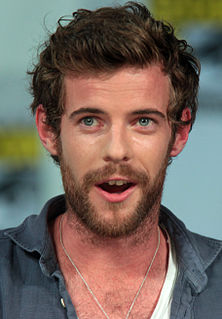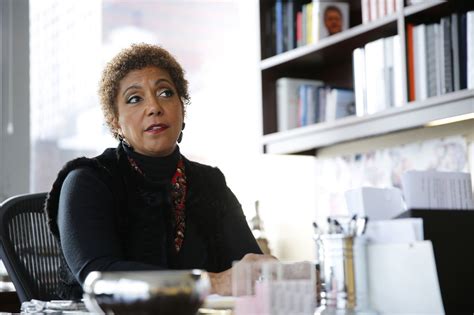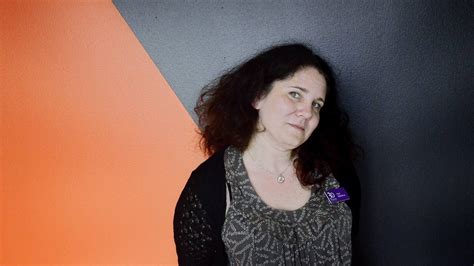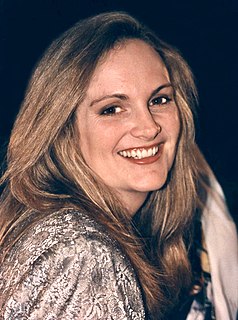A Quote by Louise Penny
To be silent. In hopes of not offending, in hopes of being accepted. But what happened to people who never spoke, never raised their voices? Kept everything inside? Gamache knew what happened. Everything they swallowed, every word, thought, feeling rattled around inside, hollowing the person out. And into that chasm they stuffed their words, their rage.
Related Quotes
The traveling salesmen fed me pills that made the lining of my veins feel scraped out, my jaw ached... I knew every raindrop by its name, I sensed everything before it happened. Like I knew a certain oldsmobile would stop even before it slowed, and by the sweet voices of the family inside, I knew we'd have an accident in the rain. I didn't care. They said they'd take me all the way.
The story revolved around this universal identifiable fear that we must all have, at some point, when you commit yourself to being with another person, to have and to hold until death do us part. It's a huge thing. I just felt like it was a brilliant examination of what would happen, if the person that you trusted implicitly and thought you knew every follicle and pour of, inside and out, started to not be that person anymore, inside. Physically, they're still there, but they're not there mentally.
What I bring to the interview is respect. The person recognizes that you respect them because you're listening. Because you're listening, they feel good about talking to you. When someone tells me a thing that happened, what do I feel inside? I want to get the story out. It's for the person who reads it to have the feeling . . . In most cases the person I encounter is not a celebrity; rather the ordinary person. "Ordinary" is a word I loathe. It has a patronizing air. I have come across ordinary people who have done extraordinary things. (p. 176)
Inside each of us is a unique person resulting from millennia of environment and heredity combined in a way that could never happen again and could never have happened before. We aren't blank slates, but we are also communal creatures who are born before our brains are fully developed, so we're very sensitive to our environment. The question is: How to find the support and the circumstances that allow you to express what's inside you?
You who have never “been there” in the throes of grief, have no idea what is going on inside the head of the grieving spouse: the scattered
thoughts, the constant worry that we will forget something or someone in our fog-induced state, that strange feeling of not quite “being all there” when out in social situations, the pall that covers everything, like a cloak of sadness that never lifts.
I learned to make things not matter, to put a seal on my hopes and place them on a high shelf, out of reach. And by telling myself that there was nothing inside those hopes anyway, I avoided the wounds of deep disappointment. The pain was no worse than the quick sting of a booster shot. And yet thinking about this makes me ache again. How is it that as a child I knew I should have been loved more? Is everyone born with a bottomless emotional resevoir?
Tell them about how you're never really a whole person if you remain silent, because there's always that one little piece inside you that wants to be spoken out, and if you keep ignoring it, it gets madder and madder and hotter and hotter, and if you don't speak it out one day it will just up and punch you in the mouth from the inside.

































